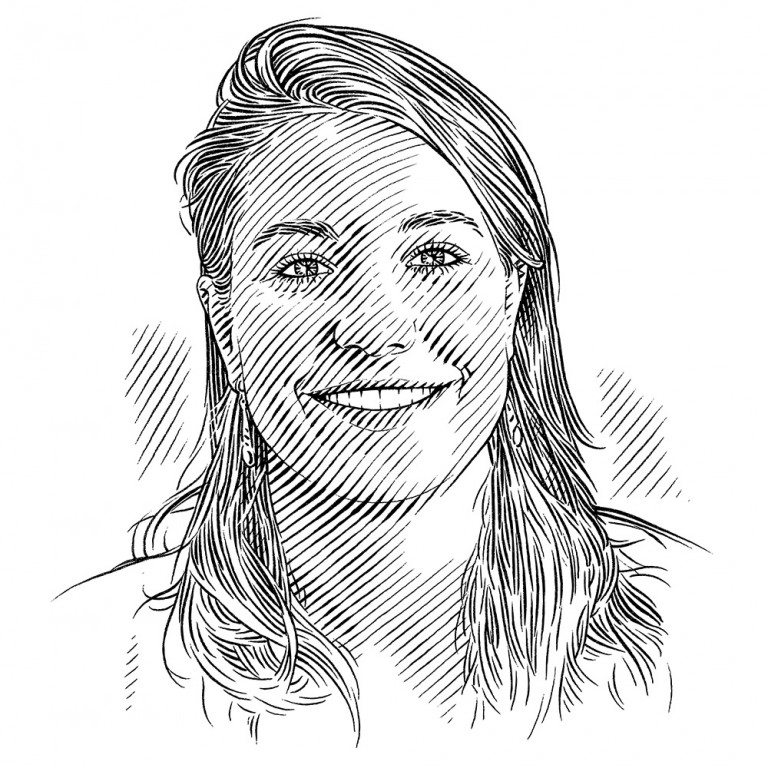Connecting children and the marine world
Photo by Michael Scholl
According to a very wise, and long-dead, Greek philosopher, ‘Wisdom begins in wonder.’ It’s not easy to describe what it feels like to be on a tiny crumb of earth in the middle of the Western Indian Ocean, but wonder is a good place to start – especially when your head is jammed in among a tangle of mangrove roots and you are surrounded by a group of Seychellois teenagers who are just as in awe as you are.
Seychellois children are born into a community that is inherently connected to the marine world. The island nation of the Seychelles is the second smallest country in Africa and its land area – only 455 square kilometres – is less than 1% of its overall territory. About 90,000 people live on this land. Despite this, the economy has expanded roughly 700% since 1976, and this is almost entirely due to the country’s marine resources. The Seychellois tourism industry employs about 30% of the labour force and provides more than 70% of hard currency earnings. The next most important contributor is the tuna fishery.
For children who are so directly dependent on the sea, understanding the difference between exploiting natural resources efficiently and exploiting them sustainably is invaluable. In late April 2014, the Save Our Seas Foundation (SOSF) brought 16 teenagers to a tiny island 222 kilometres south-west of Victoria, the capital of the Seychelles, to participate in the first D’Arros Experience. A major project run by the newly established SOSF Island School Seychelles – Lekol Zil Sesel, in collaboration with the SOSF D’Arros Research Centre (SOSF–DRC), these educational camps are based on the principles of project-based, location-based and experiential learning.
‘The D’Arros Experience is an amazing opportunity for Seychellois students to come into contact with a unique habitat that has been subjected to very little human interference,’ explains Abi March, project manager of the SOSF Island School. ‘Here they can discover up close lots of different animals that they would rarely get a chance to see on Mahé and Praslin. Experiencing these creatures and habitats in real life has a much bigger impact on the students than reading about them in books or being told about them in the classroom.’
The intention behind the camps is to inspire children to become wise custodians of the marine world and ambassadors for the natural realm of the Seychelles. Michael Scholl, CEO of the Save Our Seas Foundation, elaborates: ‘We are very lucky to have such a special place that we can bring kids to. They were selected for the camps based on merit and their natural enthusiasm for the oceans. But it isn’t just about the wildlife; it’s the fact that we have actual research projects happening here. The programme was made possible by a passionate team. This means that the kids were able to discover the natural world they live in under the guidance of professional researchers, conservationists, educators and journalists.’
SOSF Island School Seychelles
The SOSF Island School Seychelles (SOSF–ISS) focuses solely on marine environmental education and awareness and recognises the importance of making a real investment in environmental education. We believe in the words of Senegalese conservationist Baba Dioum: ‘In the end we will conserve only what we love, we will love only what we understand and we will understand only what we are taught.’ Since we began in 2014, we have reached thousands of students across all ages throughout the Seychelles.
